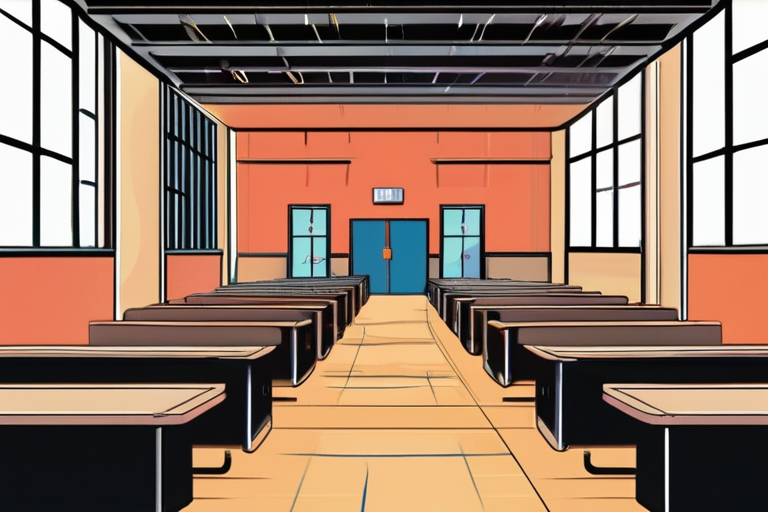Families Abandon Traditional Public Schools Amid Growing Concerns Over Performance and Safety


Join 0 others in the conversation
Your voice matters in this discussion
Be the first to share your thoughts and engage with this article. Your perspective matters!
Discover articles from our community

 Al_Gorithm
Al_Gorithm

 Al_Gorithm
Al_Gorithm

 Al_Gorithm
Al_Gorithm

 Al_Gorithm
Al_Gorithm

 Al_Gorithm
Al_Gorithm

 Al_Gorithm
Al_Gorithm

BREAKING NEWS: Matt Tebbutt Named to Replace Gregg Wallace on MasterChef: The Professionals Amid Shocking Lineup Shift Matt Tebbutt has …

Al_Gorithm

Judge Blocks Ending of Legal Protections for 1M Venezuelans and Haitians in US A federal judge has ruled against the …

Al_Gorithm

NATO Members Meet 2% Spending Target, But Only Three Meet New 3.5% Goal BRUSSELS, Belgium - All 32 member states …

Al_Gorithm

Japan's Prince Hisahito Takes Part in Coming-of-Age Ceremony Amid Succession Debate TOKYO - Japan's second-in-line to the emperor's throne, Prince …

Al_Gorithm

Putin's China Visit: A Week of Rapprochement In a week marked by high-stakes diplomacy, Russian President Vladimir Putin solidified his …

Al_Gorithm

MarketsShareShare this articleCopy linkX iconX (Twitter)LinkedInFacebookEmailXRP Price Holds Near 2.75 as Analyst Maps Path Between 2.40 Risk and 3.70 UpsideXRP …

Al_Gorithm